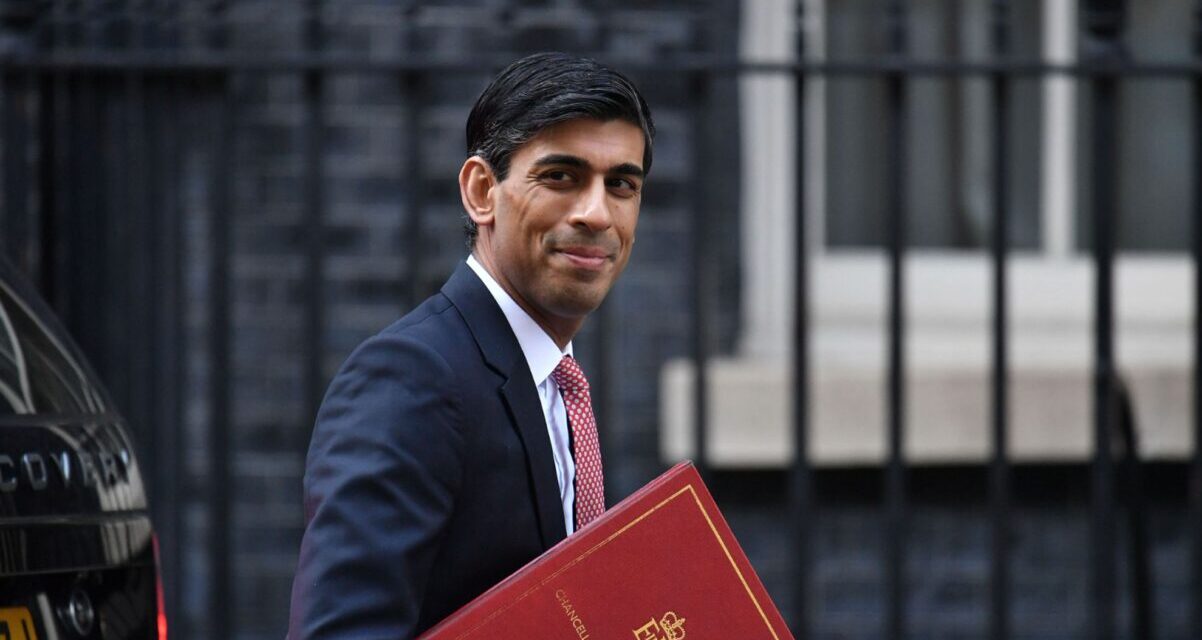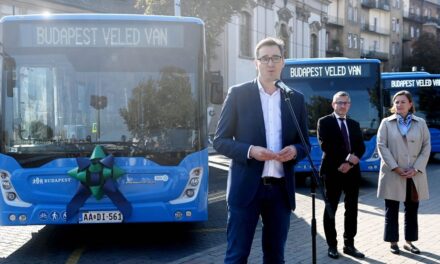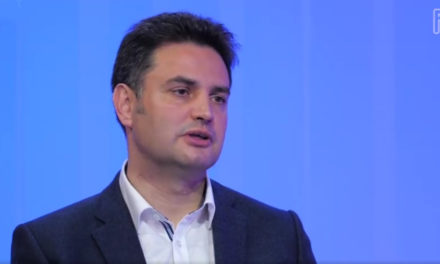If we look at the demographic data and do a little math, it turns out that by the end of this century, immigrants will be the majority in Western Europe, and if we wait another hundred years, then the European native population will only be seen in reservations, like the Indians in America. Written by Károly Lóránt.
I am writing these lines from an immigrant quarter in Brussels, where I received free accommodation for a few days thanks to a friend. I just came back from a nearby shop, where I bought a croissant and a liter of milk from an aunt in a headscarf. There is pleasant Arabic music in the shop, young mothers are pushing prams and holding the hands of their young children on the streets, hurrying to daycare and school. This neighborhood is peaceful, the people are nice, Mr. Ali greets me in the next shop as an acquaintance, he recognized me after I had been here for a few days, and even offered me a coffee when I was waiting for the car to take me to the airport at dawn on my way home.
The European Parliament is a twenty-minute walk from here - in the pouring rain, of course, Brussels time - for those who know it.
The parliament also already fits into this Middle Eastern or North African milieu, the service staff are now all immigrants.
This is the Europe of the future.
I have no problem with these people, they are cute and kind, but this is no longer our culture, which extends from Doric columns to Gothic churches, not the world of Aristotle, Newton, Einstein, not the music of Mozart, Beethoven, Bartók, in short, not ours.
But why should we give up our own culture?
The story began in the 1960s, perhaps for young readers already in a historical perspective, but for my generation it is still a very real age. These were the years when we were able to go for the first time from the confines of the peace camp to the West, which had already been rebuilt from the ruins of the war, and our eyes and mouth stopped at what we saw there. Full of shops, well-dressed people, cleanliness, wealth, Grundig tape recorder, Volkswagen. We have seen Europe! We have seen Europe without immigrants, without assassinations against Christians and Jews, we have seen when you could get on a plane without a motorcycle or screening.
Well, in this prosperity, which posterity will perhaps identify as Europe's golden age, the first signs of something amiss appeared.
In Germany and elsewhere, rapid economic growth required more and more labor, which local society could no longer provide. In addition, prosperity meant that the local population no longer wanted to take on certain despised and poorly paid jobs.
That's when the idea came to bring guest workers to Europe.
And what luck! There were a lot of young people in Turkey who could not be given a job, so the solution came voluntarily. This was the period when Turkish troops passed through Hungary twice a year, once at the end of June, when they went home on leave, and at the end of August, when they went back to Germany. But it was very hard for them (and of course also for us, who suffered this migration), and the former guest workers started to settle down. After a while - as they didn't like living alone - they brought their families with them.
And they kept coming, not only Turks and not only to Germany, over time such colonies were formed that the newcomers no longer needed the German workplace, they were employed in the local economy of their own, already settled compatriots.
Over time, the immigrants swelled into small streams, and a separate business was built to smuggle them into the Union.
All of this was greatly facilitated by the extreme ideological turn that took place in Western Europe, which in practice provides greater rights to those who arrive even illegally than to Europeans with deep roots.
I am quoting Angela Merkel's speech at the conference of her party's youth wing: "For a while we deluded ourselves that they would not stay, but that was not the case. It was natural to say that we should accept being multicultural, live happily together and be happy that we can live together. But this concept has failed, and failed completely.”
The reality is that in more and more places in Western Europe, immigrants are taking over public administration positions, as they have gained a preponderance.
Britain has an Indian Prime Minister, London has a Pakistani mayor. If we look at the demographic data and do a little math, it turns out that by the end of this century, immigrants will be the majority in Western Europe, and if we wait another hundred years, then the European native population will only be seen in reservations, like the Indians in America.
Arab tour guides will show Chinese tourists what Europe was like, what a white person looks like, and if they even want to see someone with blue eyes, they will ask them for an extra price.
How did it start? In order to satisfy the economic growth made possible from the other side (energy, raw materials, technical development), guest workers were brought to Europe. If the desired rate of growth is taken a little lower, to where the increase in productivity ensures acceptable growth even without imported labor, then there is no immigration, and European culture will survive, even with a declining population.
According to macroeconomic calculations, if Germany settles for 3-4 percent growth instead of 4-5 percent growth, there is no need for additional labor.
There would have been contractors to do jobs considered menial, if they were paid in a way that was worth doing, because the market economy is about the balance of supply and demand, menialism repels, high pay attracts, obviously the balance point could have been found.
The pursuit of growth (this is János Kornai's apt definition of this phenomenon) began after the Second World War, when the socialist camp, wanting to prove the superiority of the socialist economy, wanted to defeat the West and strove for the fastest possible economic growth. Of course, the West did not give up either, and there was also a competition for growth among the socialist countries: no one wanted to be left behind on the road to building socialism.
This approach has remained to this day, and today the main economic indicator (along with stock market indices) is the rate of economic growth. If you are a regular listener of, say, Radio Kossuth, you can find out every day how individual stock markets have moved up and down, and if the KSH is announcing quarterly GDP data, you can also find out how our country is progressing along the path of capitalism.
This approach has caused problems for us for decades. As a result of the oil price explosion in 1973, Hungary had a foreign trade deficit of 600 million dollars. The logical step would have been to reduce the then planned economic growth of 5-6 percent to 4 percent, so that this restriction would reduce imports and increase exports, thus balancing their account with foreign countries (the balance of payments).
But the political leadership did not dare to take this step, and our already active liberal economists also encouraged us to take out loans, since, as they said: "it's good to be in debt in times of inflation."
The result was that by 1978 the country was on the verge of bankruptcy, at which time the necessary austerity measures were taken, but it was too late, we were in the debt trap. Growth fell not only to 4 percent, but to 1.9 percent, and by December 31, 1989, our net debt had accumulated to 14.8 billion dollars (gross was 20 billion). Of this, only 1.2 billion dollars was the actual funding, the rest was accumulated interest and exchange rate losses. The indebtedness of that time still has consequences, because our liberal economists wanted to pay off the loans by selling off the industry. It was then that the domestic industrial structure, which is still characteristic to this day, was formed, that the part of the industry that is internationally competitive and thus determines the external balance is in foreign hands. The danger of this, which we can currently experience, is that the country is very sensitive to external changes,
economically and politically, we are not our own masters, not even as much as the Brussels straitjacket would allow.
More recently, the idea of bringing in labor from abroad to ensure economic growth has also come up. The result of this in the long term cannot be anything other than what has already taken place in Western Europe, the occupation of the country by foreigners, in this case Asians. They are not bad people, and they are hardworking, but we pay them not only with wages, but also with our country. It is not too late to change this, an economy with a structure and a degree of economic growth must be put at the center of economic policy, which ensures development based on own resources in the longer term.
Cover photo: Rishi Sunak, British Prime Minister of Indian origin
Source: Skynews













